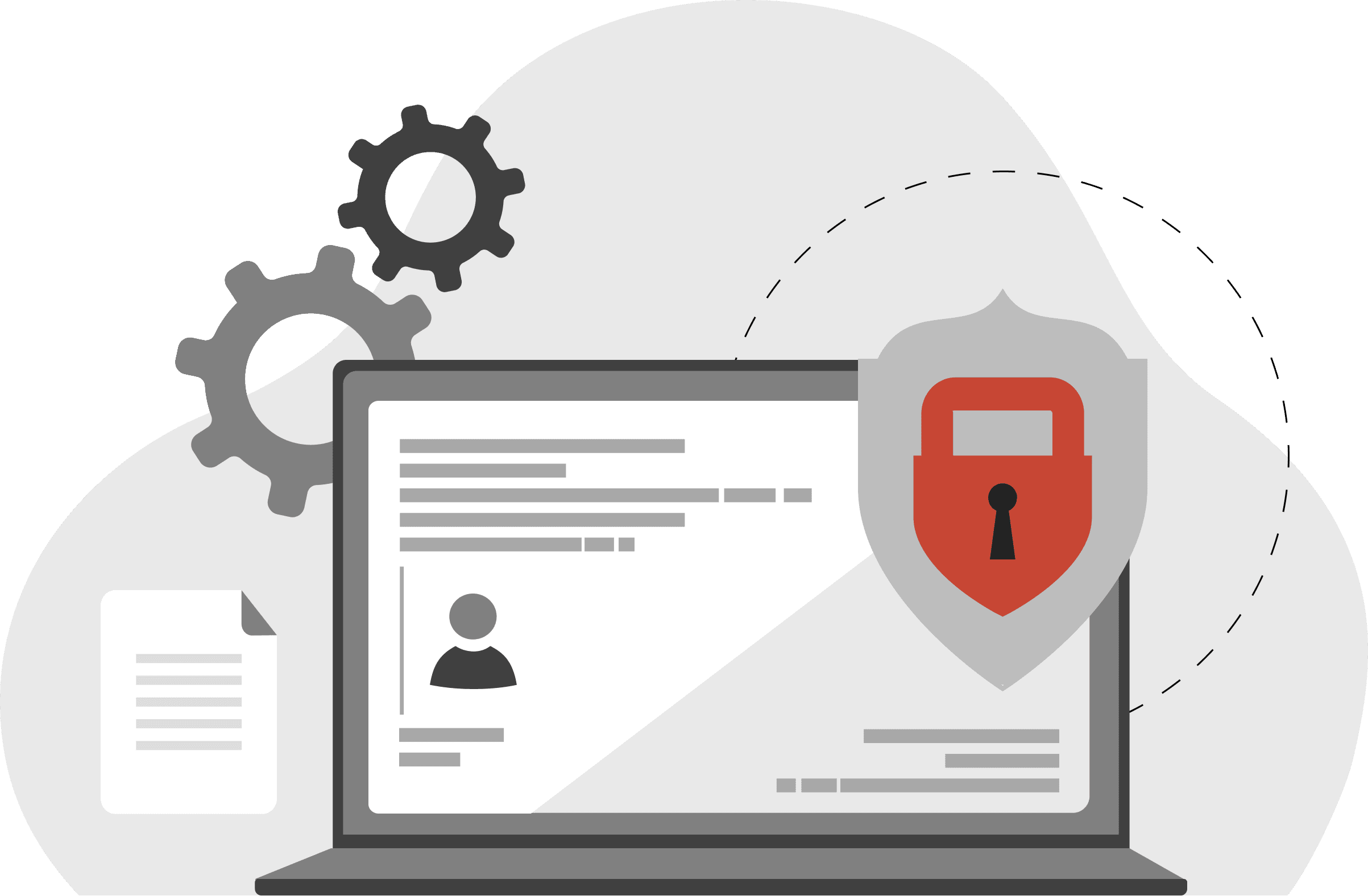[vc_row type=”in_container” full_screen_row_position=”middle” column_margin=”default” column_direction=”default” column_direction_tablet=”default” column_direction_phone=”default” bg_image=”1973″ bg_position=”left top” background_image_loading=”default” bg_repeat=”no-repeat” scene_position=”center” top_padding=”9%” bottom_padding=”9%” left_padding_desktop=”9%” right_padding_desktop=”9%” text_color=”dark” text_align=”left” row_border_radius=”none” row_border_radius_applies=”bg” overlay_strength=”0.3″ gradient_direction=”left_to_right” shape_divider_position=”bottom” bg_image_animation=”none” shape_type=””][vc_column column_padding=”no-extra-padding” column_padding_tablet=”inherit” column_padding_phone=”inherit” column_padding_position=”all” column_element_spacing=”default” background_color_opacity=”1″ background_hover_color_opacity=”1″ column_shadow=”none” column_border_radius=”none” column_link_target=”_self” gradient_direction=”left_to_right” overlay_strength=”0.3″ width=”1/1″ tablet_width_inherit=”default” tablet_text_alignment=”default” phone_text_alignment=”default” bg_image_animation=”none” border_type=”simple” column_border_width=”none” column_border_style=”solid”][vc_custom_heading text=”GDPR & ERP: Sådan overholder du lovgivningen” font_container=”tag:h2|text_align:left|color:%23ffffff”][/vc_column][/vc_row][vc_row type=”in_container” full_screen_row_position=”middle” column_margin=”default” column_direction=”default” column_direction_tablet=”default” column_direction_phone=”default” scene_position=”center” text_color=”dark” text_align=”left” row_border_radius=”none” row_border_radius_applies=”bg” overlay_strength=”0.3″ gradient_direction=”left_to_right” shape_divider_position=”bottom” bg_image_animation=”none”][vc_column column_padding=”no-extra-padding” column_padding_tablet=”inherit” column_padding_phone=”inherit” column_padding_position=”all” column_element_spacing=”default” background_color_opacity=”1″ background_hover_color_opacity=”1″ column_shadow=”none” column_border_radius=”none” column_link_target=”_self” gradient_direction=”left_to_right” overlay_strength=”0.3″ width=”1/1″ tablet_width_inherit=”default” tablet_text_alignment=”default” phone_text_alignment=”default” bg_image_animation=”none” border_type=”simple” column_border_width=”none” column_border_style=”solid”][vc_column_text]GDPR, General Data Protection Regulation, is an EU-regulation which was introduced in may of 2018 to protect personal data and make sure businesses treat personal information in a secure and responsible way. It's a regulation all businesses need to adhere to, which is why it's important for your business to understand GDPR and it's influence on their business activities, including their ERP system.
With the introduction of GDPR, it is now obligatory for businesses to make sure the personal data of EU citizens are treated safely and responsibly. This is also applicable for ERP systems, which contains large entities of personal data.
In this article we will deep dive into how GDPR affects ERP systems and data handling in businesses.
So read along if you want to know more about how your business can protect personal data and avoid fines.
The purpose of GDPR
With GDPR, EU wishes to make sure businesses protects personal data, since increasingly more businesses collects and make use of data. The regulation intents to give citizens more control over when and how their data are being used and make businesses datahandling more transparent.
If a business collects and treats personal data, the need to comply with GDPR rules to protect personal data and make sure it is being treated safely.
What exactly is personal data?
But what exactly is personal data?
Personal data is any information that can identify a specific person - either directly or indirectly.
This includes:
- Name
- Adress
- E-mail address
- Phone number
- CPR number
- IP-address
- Bank information
- Medical data
This could also entail information about a persons race, religion, political opinion, sexuality and cultural identity. Personal data in a business could for example mean customer-, employee or supplierinformation.
This is what GDPR means for collection of personal data
GDPR demands that personal data only can be collected for specific purposes and with consent from the individual. Businesses can also have appropiate safety regulations on hand, to protect personal data against unauthorized access, changes, loss or damage.
If a person requests access to their personal data or wants their data deleted, the business needs to be able to accommodate this request according to GDPR rules.
It is thus important for businesses to have a clear understanding of what personal data is, and how they treat it to comply with GDPR rules.
This is why businesses should ask themselves a couple of questions to make sure they comply with these GDPR rules. These questions could be:
- How and when are personal information collected?
- Where is data being kept and why is it necessary for the business to keep them?
- How is data secured and how can the request to have your data deleted be submitted?
Furthermore you need to consider how an individual request to have data delivered can be answered, and how data can be deleted on request.
GDPRs demands for the ERP system
GDPR have some requirements for businesses to fulfill demands of data handling and protection of such, including ERP systems. These demands can be categorized into three different points:
- Firstly businesses need to make sure personal data are being handled safely and responsibly. This means that there needs to be appropiate technical and organisational measures taken place, to protect the personal data fx. access control and data encryption.
- Furthermore businesses needs to be able to document how they treat personal data, and this is where the ERP system plays an important role. It's important for the ERP system to have built in functions which makes it able to document how personal data is being treated and kept. This could be logging of changes in data, reports about data handling and data transparency.
- Lastly it is important to have data policies and processes handled, which can give people control over their data. This means that people need to be able to request that their data be deleted and the businesses needs to have their processes taken care of, to meet such demands.
This is why it is important to choose an ERP system, which have built in functions to secure GDPR compliance, and also have clear policies and processes taken care of to accommodate GDPR demands.
Comply with GDPR rules with Oracle NetSuite
Oracle NetSuite is a cloud based ERP solution, which is designet with a special focus on GDPR compliance. NetSuite has a list of built in features which can help businesses fulfill GDPR demands.
One of the biggest advantages of using Oracle NetSuite is the automated data masking and deletion process. With NetSuite businesses can easily define which data should be masked or deleted, and the system will automatically do these tasks. This makes sure that the personal data no longer exists in the system, when they are no longer useful. This minimises risk of unauthorized access to personal data.
Besides, Oracle NetSuite also offers a number of other features which can help secure GDPR compliance.
It's also worth noting that GDPR not just affects technology, but also the business' internal processes and policies. Oracle NetSuite can help businesses with establishing and implementing the necessary processes and policies needed to comply GDPR rules.
Vil du sikre GDPR-overholdelse med Oracle NetSuite – book et møde med Omnit i dag.


